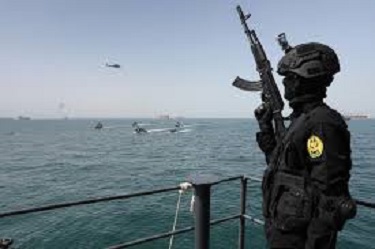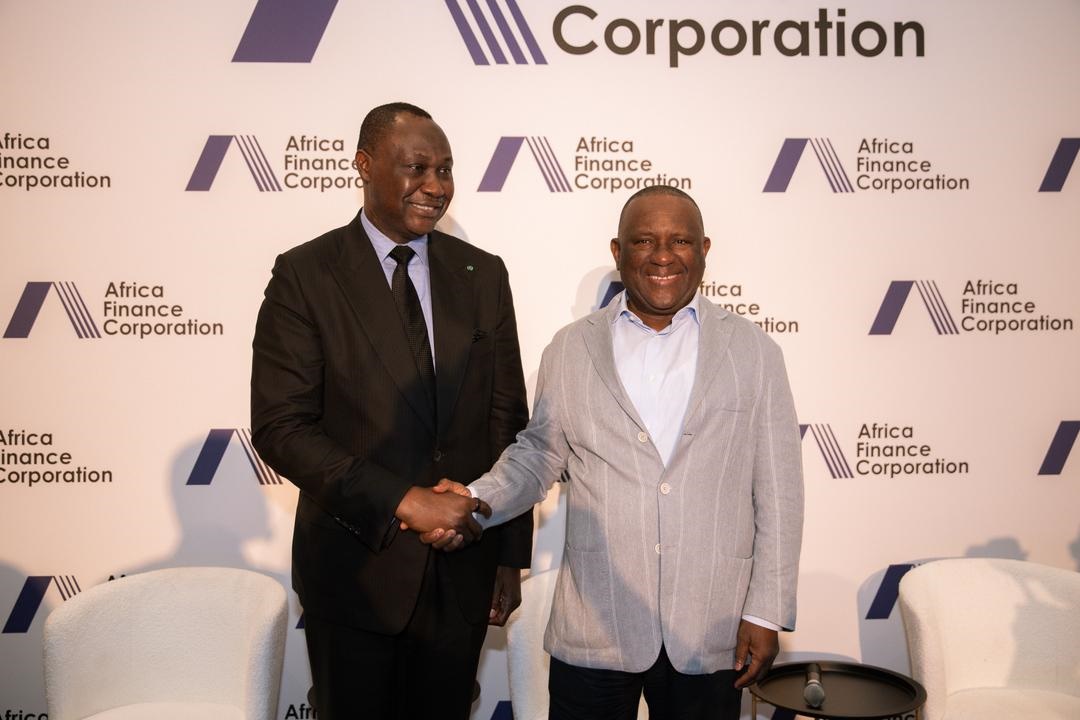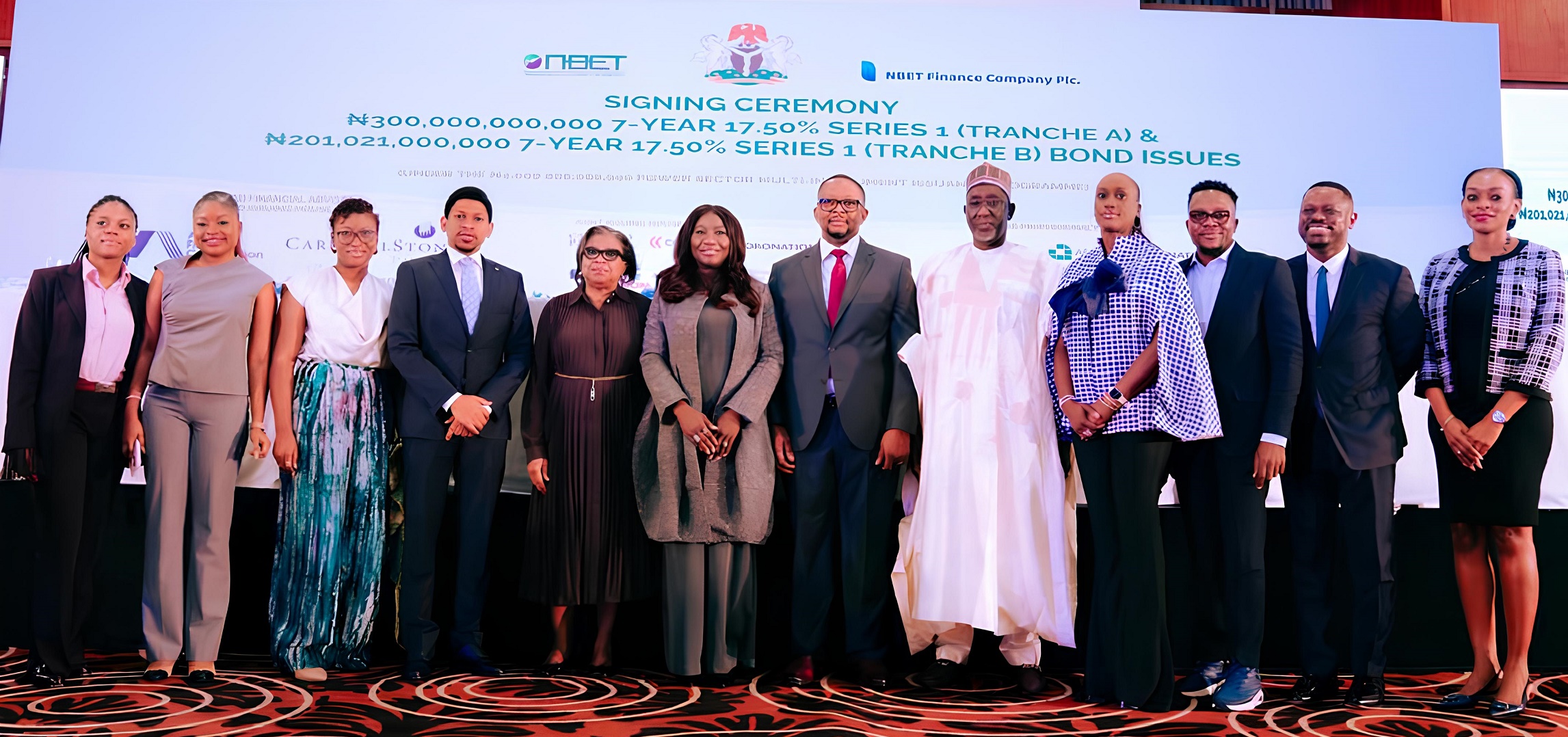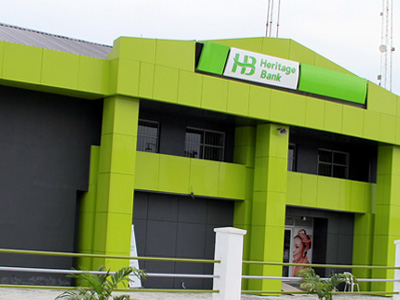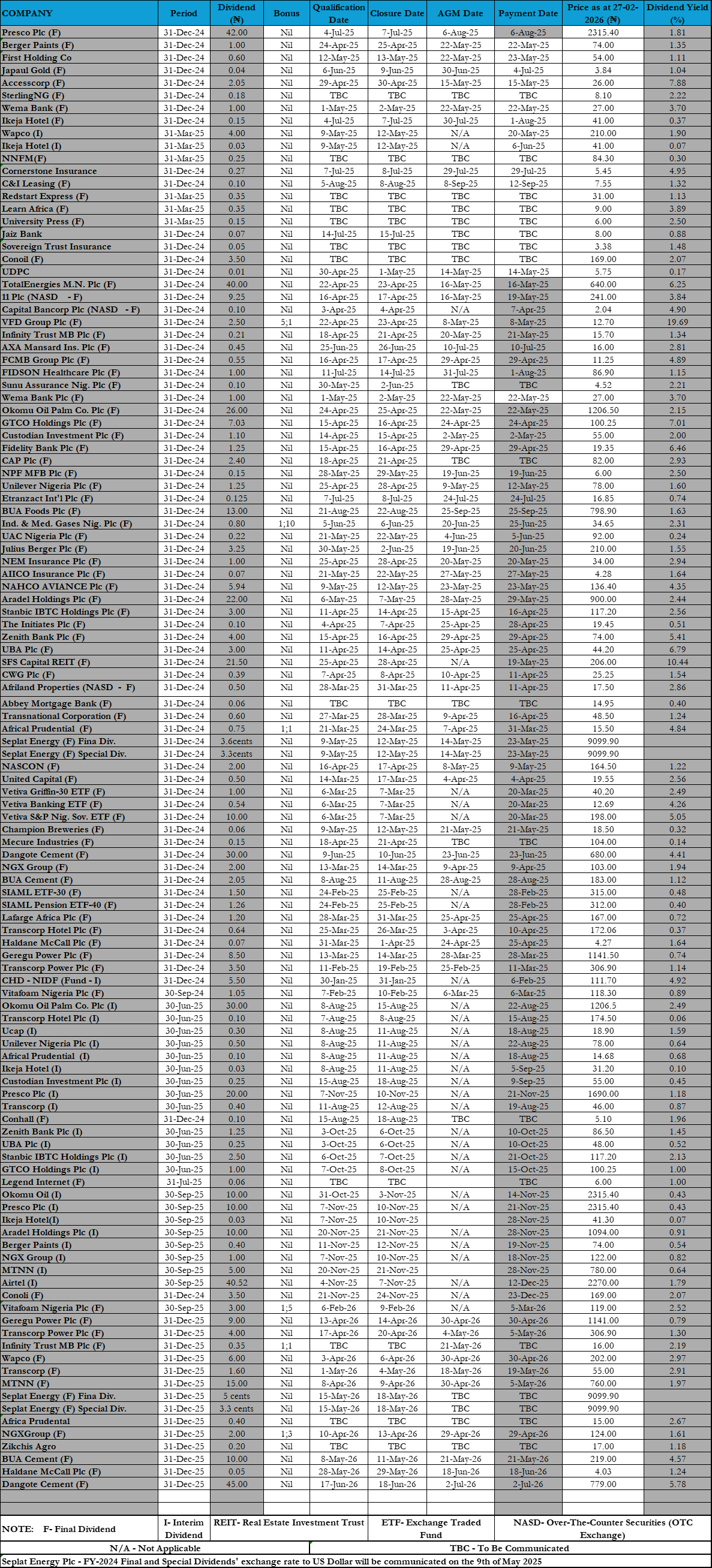
The board of Equity Assurance Plc, on Friday announced through the Nigerian Stock Exchange (NSE) that it plans to restate its audited financial statements for the year ended December 31, 2016, when that of December 31, 2017 is published.
While the terse statement by John Akujieze, its company secretary, dated January 4, 2018, only said the decision is in line with a directive of the Financial Reporting Council of Nigeria (FRC), without saying why, a review of the Equity Assurance’s 2016 financial report offers possible reasons.
According to the 2016 audited financials, gross premium written rose by 8% from N4.47bn to N4.836bn; operating expenses jumped 23% from N2.797bn to N3.433bn, which was blamed on the N432m fine imposed on the company by its primary regulator- the National Insurance Commission (NAICOM) for violation of its guidelines on aviation businesses; while loss before tax dropped by 52% to N242.462m from N508.5m
However, in qualifying the 2016 account, the team of external auditors, BDO Professional Services, led by Ebenezer O. Olabisi, drew attention to the sum of N1.172bn included in the other operating income of N1.305bn, which if appropriately recognized in the books during the period would have shown that the company was insolvent, and its capital below the regulatory minimum.
The other operating income, the auditors noted, represented the “interest written back on convertible redeemable Daewoo loan (Note 21.3).
“As a result of this, exchange loss on the loan and interest arising during the year amounting to N730.831m and N304.518m respectively were not recognized.
“The company’s records indicate that, had the interest not been written back and the exchange loss and interest recognized in the income statement, the loss for the year would have been N2.459bn (Group- N2.615bn), borrowings and shareholders’ funds would have been N3.343bn (Group- N3.341bn) and N2.713bn (Group – N3.142bn) respectively, which is below the minimum required capital of N3bn and hence a shortfall of N850m in solvency margin.”
According to Note 23.1 under “Notes to the Account,” the N1.17bn represented “Zero Coupon JPY1,350,000,000 direct, unconditional, unsubordinated and unsecured European Bond with options issued to Daewoo Securities Europe Limited in 2008. The underlying bond has a Put Period of 48 months with a yield to Put of 4.25% per annum, while the tenor of the convertible option is valid up to year 2026. The purpose for which the bond was issued relates to upgrade of information and communication technology, expansion of branch network and working capital.”
There was however a “Call Option,” which is the option side of the instrument that gives the Option holder (Daewoo Securities Europe Limited) the right but not obligation to subscribe to the equity of the issuer at an agreed price (Strike Price) and predetermined time period (expiration).
“When exercised, a fresh injection of the capital is required to take up the new issues created,” Equity Assurance explained, recalling that in 2012, Daewoo called for repayment of the bond and an amount of US$8.697m had since been repaid.
Following the successful acquisition of 61.72% of Equity Assurance Plc by SUNU Group and the consequent reconstitution of the board and management in April 2016, the company hired Segun Oyegbola & Co (Chartered Accounts) to review the Subscription Bond Agreement and advice on the proper treatment in the financial statements.
The new management stated its position on the agreement at a meeting with representatives of Daewoo Securities in Cote D’Ivoire on September 29, 2016 based on the report submitted by Segun Oyegbola, where the Equity Assurance team argued “that the Bond Agreement should be discontinued and challenged on account of the” fact that the bond is a Zero Coup Bond intended to mature by 2026 financial year.
Equity Assurance also noted an understanding between both parties “that the company should issue a temporary Global Bond and Global Option pending the issuance of Definitive Bond which shall be in bearer form in tranches of JPY100,000 each in favour of multiple investors was not followed.”
The Equity Assurance team also argued that Daewoo Securities (Europe) Limited deliberately failed/neglected to arrange for the subscription to the Definitive Bond by multiple investors in order to actualize its scheme of being the sole Bondholders,” just as it insisted that Daewoo’s role as sole Adviser/Agent, Lead, Manager, Fund Arranger, Paying Agent and Receiving Agent is a conflict of interest.
It also described as highly questionable, the deliberate refusal of Daewoo Securities to arrange a meeting of bondholders who purportedly exercised the Put Notice and should be challenged.
It was also argued that “in so far as the Global Bond has not been offered to multiple investors in Definite Form, the company is at liberty to treat the transaction as money had and received which the company is entitled to refund to Daewoo Securities (Europe) Limited because of absence of contract.”
Based on the above observations, the company resolved, in December 2016, to adopt the total payment of US$8.697m made by the company to Daewoo Securities (Europe) as principal repayment of the Bond Agreement, considering the fact that it “is tainted in illegality.”
It also resolved to discontinue the improper treatment of the bond agreement in the company’s financial records in line with the report of Segun Oyegbola & Co; besides recognizing the sum of US$3.722m as the outstanding liability of the company to Daewoo Securities as at December 31, 2016 given the repayment that have been made to date.
Equity Assurance also engaged Prof. Taiwo Osipitan (the law firm of Bayo Osipitan & Co.) to challenge the enforcement of the subscription Bond Agreement between Equity
Assurance & Daewoo Securities in Nigerian courts where it is seeking a declaration that its liability does not exceed JPY1.35m (US$12.42m less total amount paid till date.
Equity Assurance is majority owned by SUNU Participations Holding SA. 38/51%; Sunu Assurance vie Cote D’Ivoire, 23.19%; Gateway Holdings Limited, 7.25%; and KYT Investments Limited, 0.94%; all which control a total of 69.9% stake.



